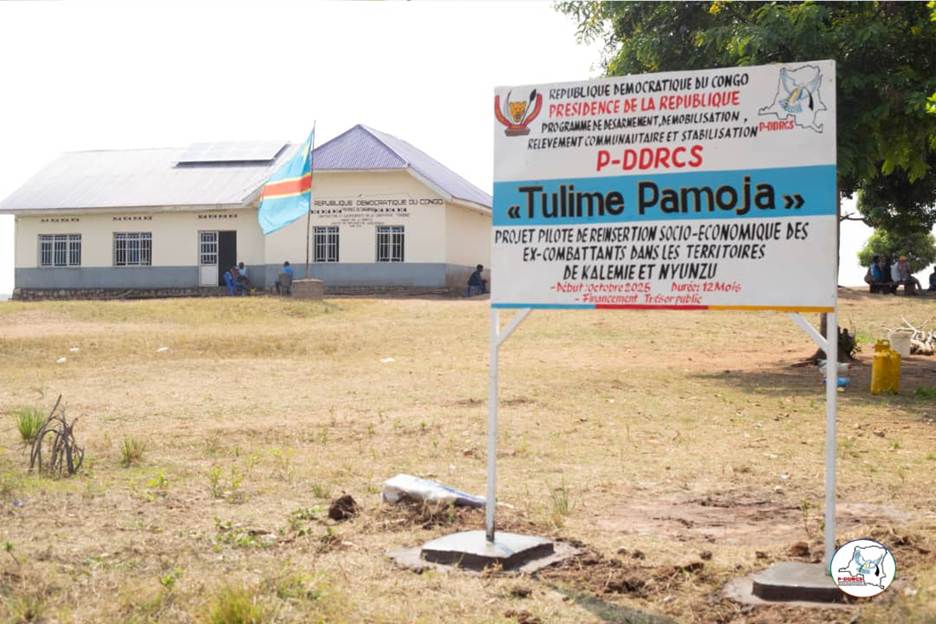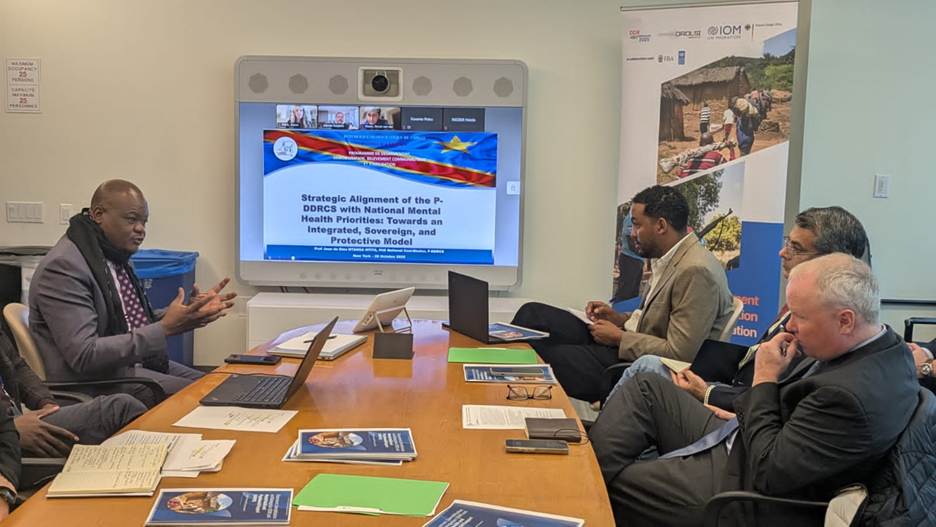TANGANYIKA: TULIME PAMOJA – A MODEL OF NATIONAL OWNERSHIP AND COMMUNITY-DRIVEN PEACEBUILDING
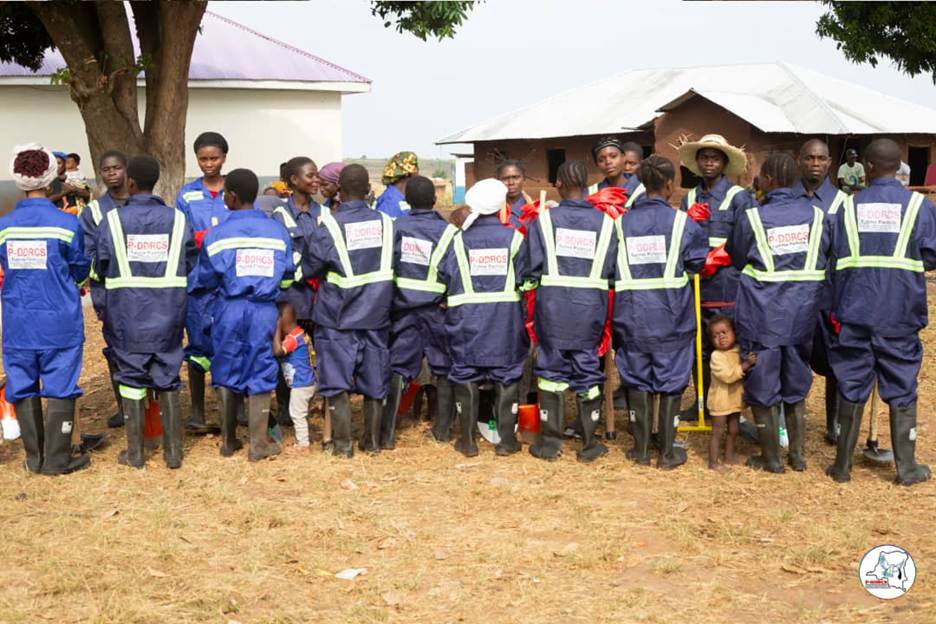
Kalemie, 27 October 2025 – The Disarmament, Demobilization, Community Recovery and Stabilization Program (P-DDRCS), under the direct leadership of the Government of the Democratic Republic of Congo, marked a key milestone in the implementation of its national strategy by launching the distribution of agricultural tools in Tumbwe, targeting 131 beneficiaries from the villages of Mulange, Kasama, and Kisalaba.
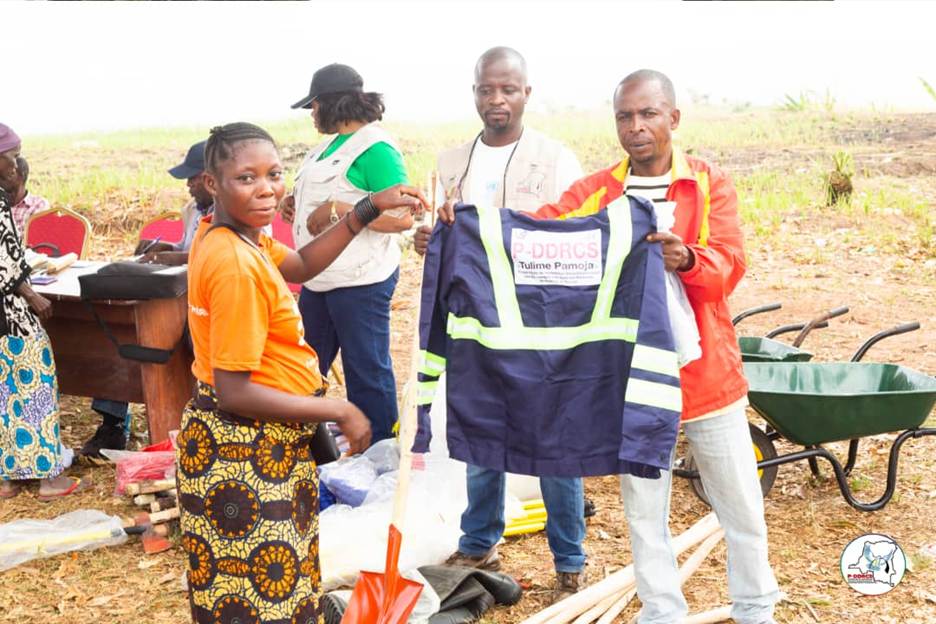
The recipients — a mix of former combatants and host community members — are at the heart of TULIME PAMOJA (“Let’s Farm Together”), a flagship pilot project that positions community-based agriculture as a cornerstone of post-conflict recovery. Fully funded by the Congolese government, the project is a concrete reflection of the strong political will expressed by H.E. President Félix Antoine Tshisekedi Tshilombo, and the strategic leadership of Professor Jean De Dieu Désiré NTANGA NTITA, National Coordinator of the P-DDRCS.
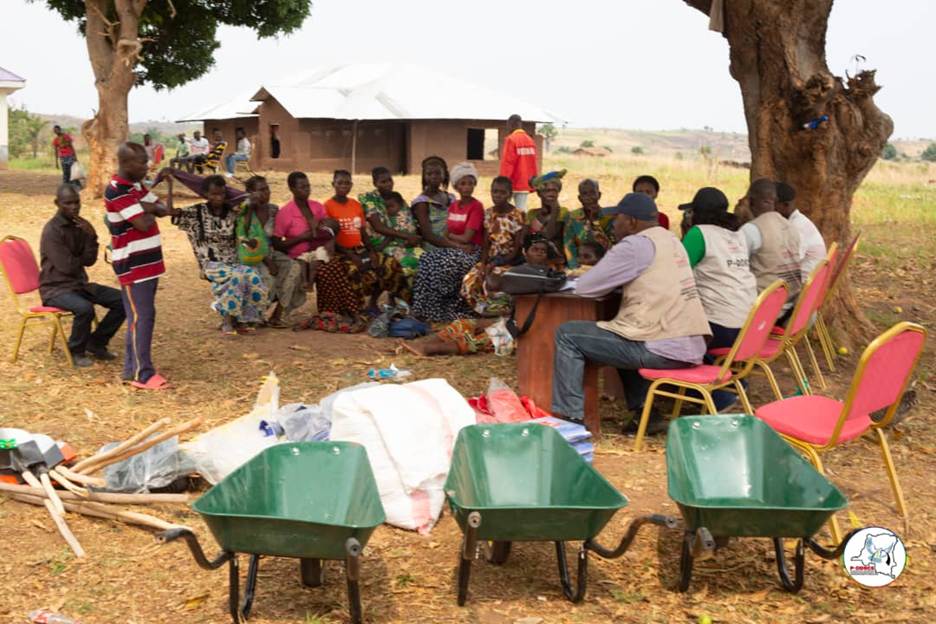
By focusing on Kalemie and Nyunzu — territories historically affected by armed conflict — the project seeks to create shared spaces for production, reconciliation, and social rebuilding. Emphasis is placed on short-cycle food and vegetable crops to meet two immediate needs: ensuring food security and generating quick income. The inclusive design allows for the active participation of women, youth, and community leaders, reinforcing social cohesion at the grassroots level.
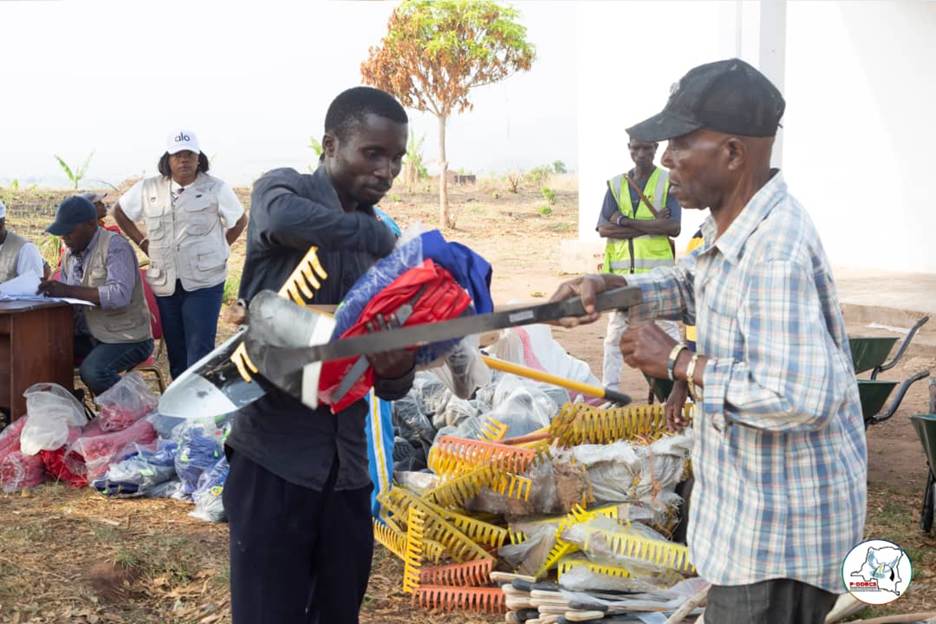
The community-driven and participatory nature of the initiative is critical to its success. The active involvement of traditional authorities, including the presence of the paramount chief of Tumbwe at the launch ceremony, demonstrates genuine local ownership — a key condition for sustainable impact. By combining agricultural support with labour-intensive public works (THIMO), the project creates a direct link between economic reintegration and collective resilience.
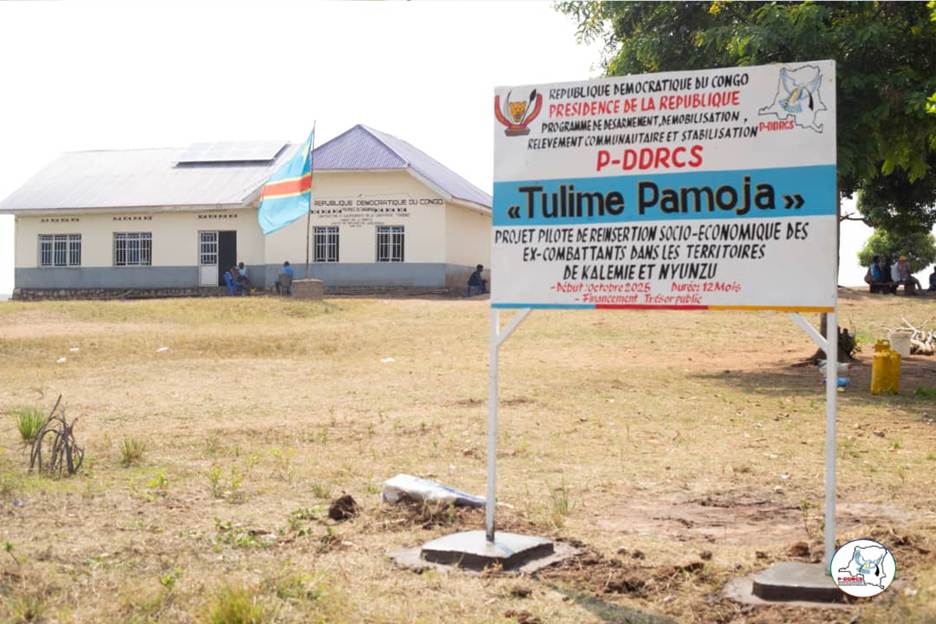
More than just a distribution of tools, TULIME PAMOJA represents a powerful symbol of national commitment to durable, homegrown, and dignified solutions. It demonstrates that a DDRCS program rooted in sovereignty, inclusion, and proximity can trigger meaningful transformations in post-conflict settings.
In a region still facing persistent fragility, this initiative stands as a scalable and adaptable model, with strong potential for replication in other recovery contexts. Through TULIME PAMOJA, the P-DDRCS affirms that peace is not only about disarmament — it is also about shared land, restored dignity, and rebuilding futures together.
Communication Unit -P-DDRCS


